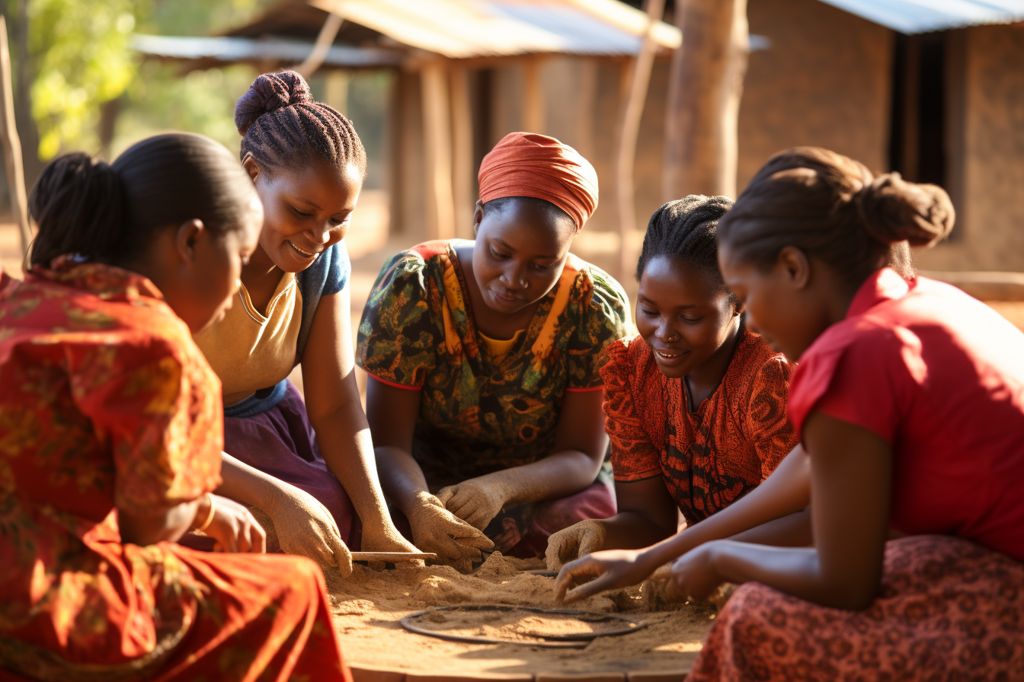The 2023 Human Settlements Indaba, held in Kimberly, Northern Cape, successfully paved the way for women’s economic participation in the human settlements sector. Women from various sectors participated in the event, addressing capacity building, access to finance, and opportunities for small and medium-sized enterprises (SMEs) and Alternative Building Technologies.
Non-Negotiable Women’s Economic Participation
Human Settlements Minister Mmamoloko Kubayi emphasized the significance of women’s meaningful economic involvement and pledged to ensure the full implementation of the 40% reservation for women-owned enterprises. This would translate to approximately R11 billion of the 2023/2024 budget.
Grants for Women
The Department of Human Settlements provides grants, such as the Human Settlements Development Grant (HSDG), the Urban Settlements Development Grant (USDG), and the Informal Settlements Upgrading Partnership Grant (ISUPG), totaling nearly R29 billion. 40% of these grants amount to nearly R11 billion. Minister Kubayi stressed that the 40% reservation by all provinces must proportionately reflect this R11 billion procurement expenditure for women.
Accountability and Compliance
Quarterly meetings between Minister Kubayi and the MECs of Human Settlements will account for the procurement spent on designated groups, particularly women. A database of those complying with the 40% set-aside will be published in the sector to promote compliance and accountability. However, this implementation will be in accordance with the Public Finance Management Act (PFMA).
Task Team to Monitor Progress
A task team will be formed to monitor progress, with its report scheduled for presentation at the next Indaba in March 2024.
Enhancing Living Conditions
Minister Kubayi called upon the Social Housing Regulatory Authority to increase social housing projects to enhance the living conditions for those ineligible for the Breaking New Ground program.
Concrete Commitments
The Human Settlements Women Indaba resulted in concrete commitments to advance women’s empowerment in the sector. These commitments include improving policies and regulations safeguarding women in the sector, removing barriers to entry, collaborating with provinces to achieve the 40% spending target on women contractors, and facilitating funding partnership access and capacity building for women in the sector.
Shared Experiences
Delegates were encouraged to share their experiences, knowledge, and the agreed roadmap with other women aspiring to develop their businesses in the sector and become active participants in the economy.
The Human Settlements Women Indaba has set a strong foundation for the future, illustrating the determination to empower women and facilitate their meaningful economic participation in the human settlements sector.








